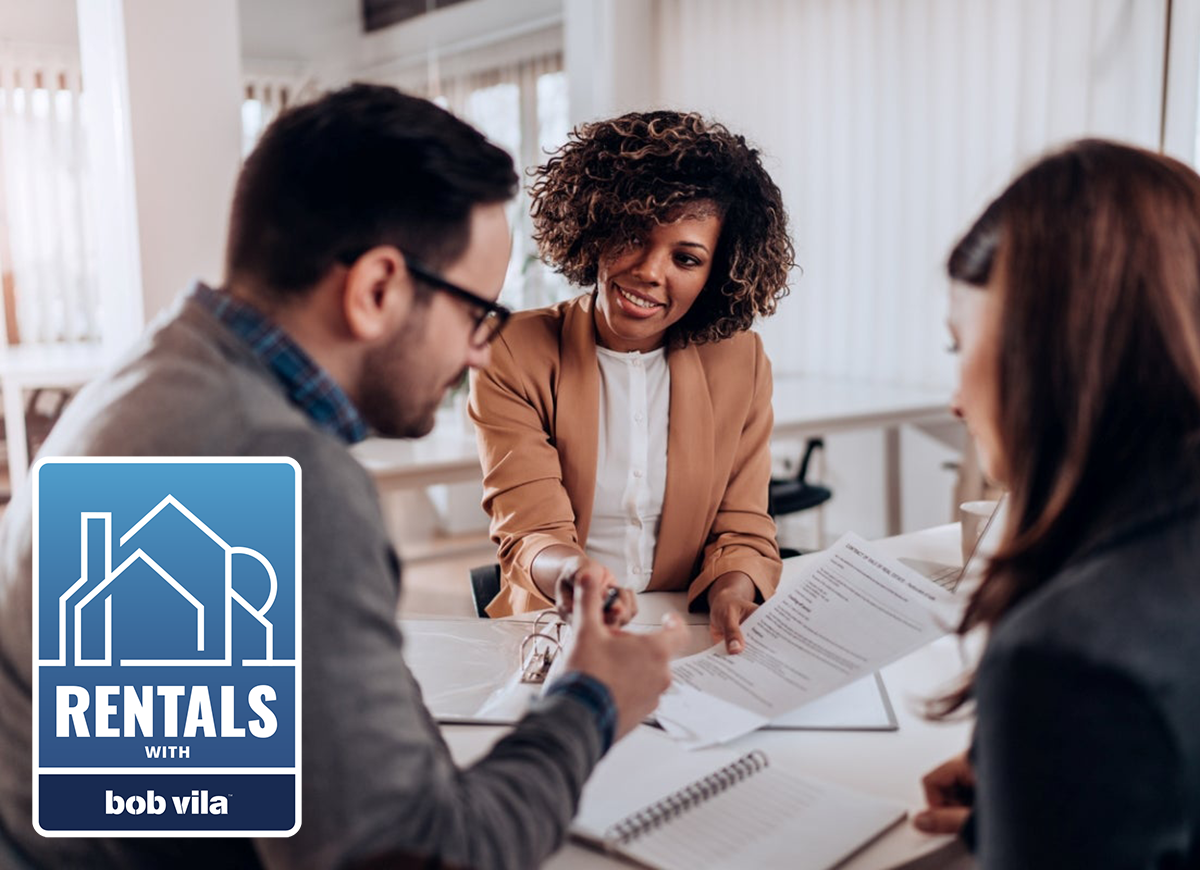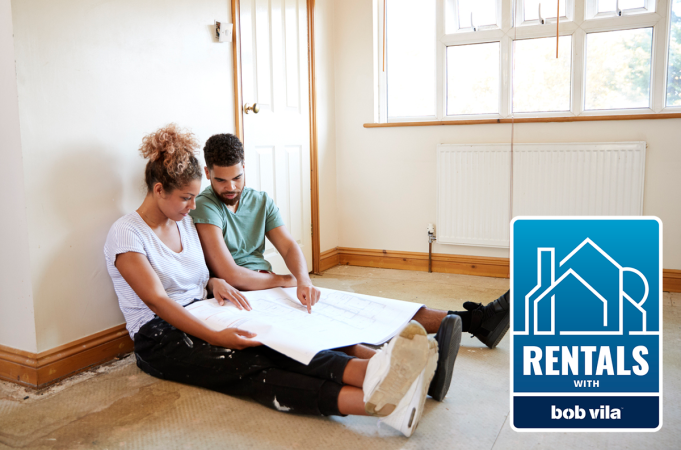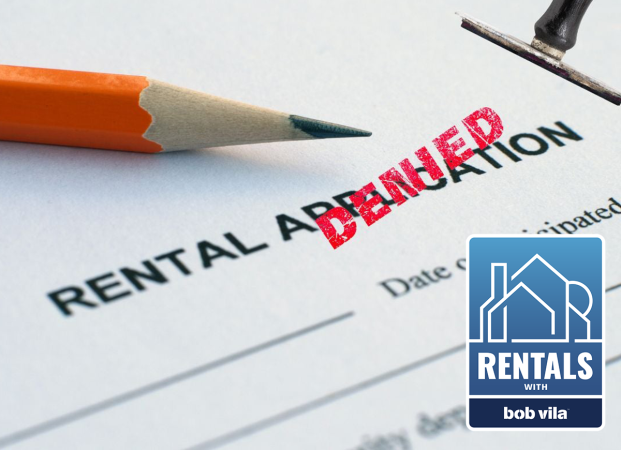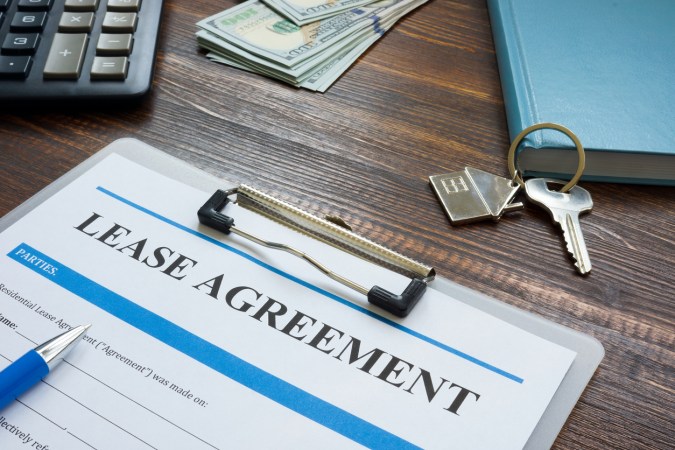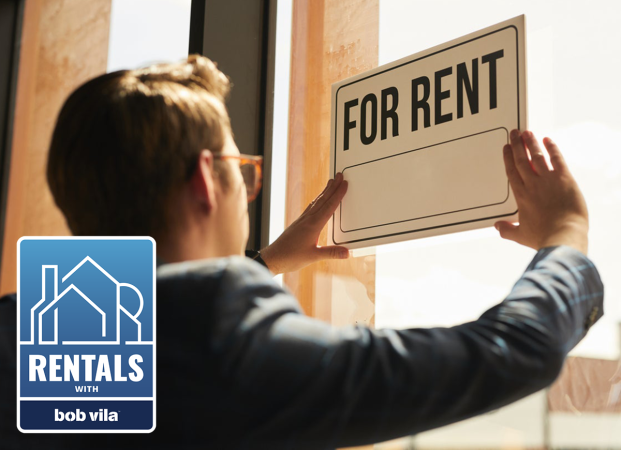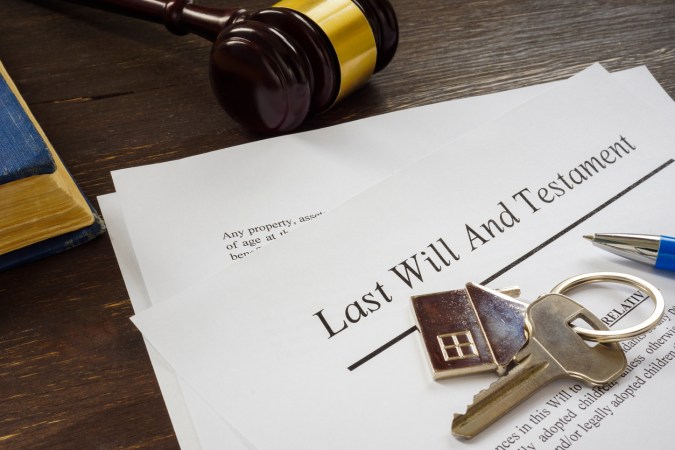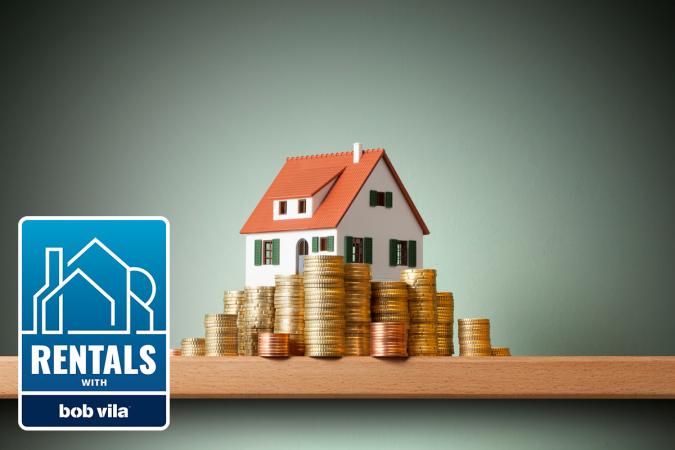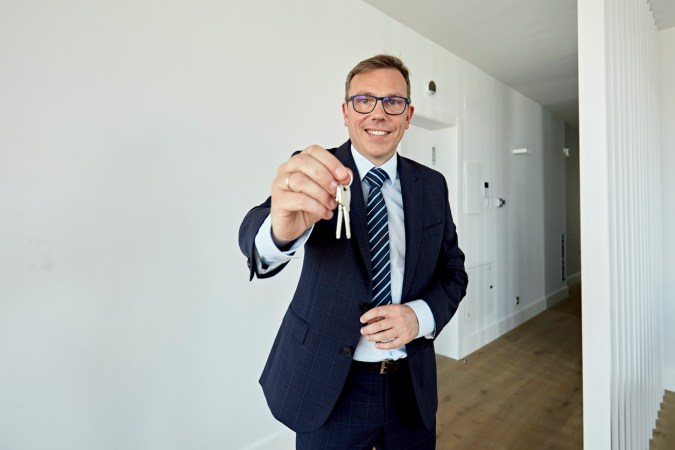We may earn revenue from the products available on this page and participate in affiliate programs. Learn More ›
Welcome to The State of Rentals with Bob Vila, a series dedicated to showing both landlords and tenants the crucial steps in finding the right property, potential challenges with renting, precautions to protect your interests, and ideas for making the most of your next move. We’ve included current market trends mixed with Bob’s tried-and-true advice, our vetted shopping guides, and the behind-the-scenes tips you need to make your rental a home.
A lease spells out the terms of a rental agreement between landlords and tenants. Because these documents are written by the landlord (or with their approval), they can sometimes overlook the best interests of the renter, focusing more on what is most important to the landlord or rental company. One of the most important things you should do before signing a lease for your new rental unit is to go through it with a fine-toothed comb. Read it carefully and make sure nothing jumps out at you as incorrect or a red flag that could push you to find a new place to live.
Discuss your questions or concerns with the landlord before you sign the lease. While there are ways to work around landlord policies related to interior decoration and damaging the walls, learning that the rental price or agreed-upon term of the lease is different than you were led to believe is a more serious issue.
RELATED: Renters: How to Know If You’re Being Discriminated Against and What to Do About It
1. Rent Total and Payment Procedures
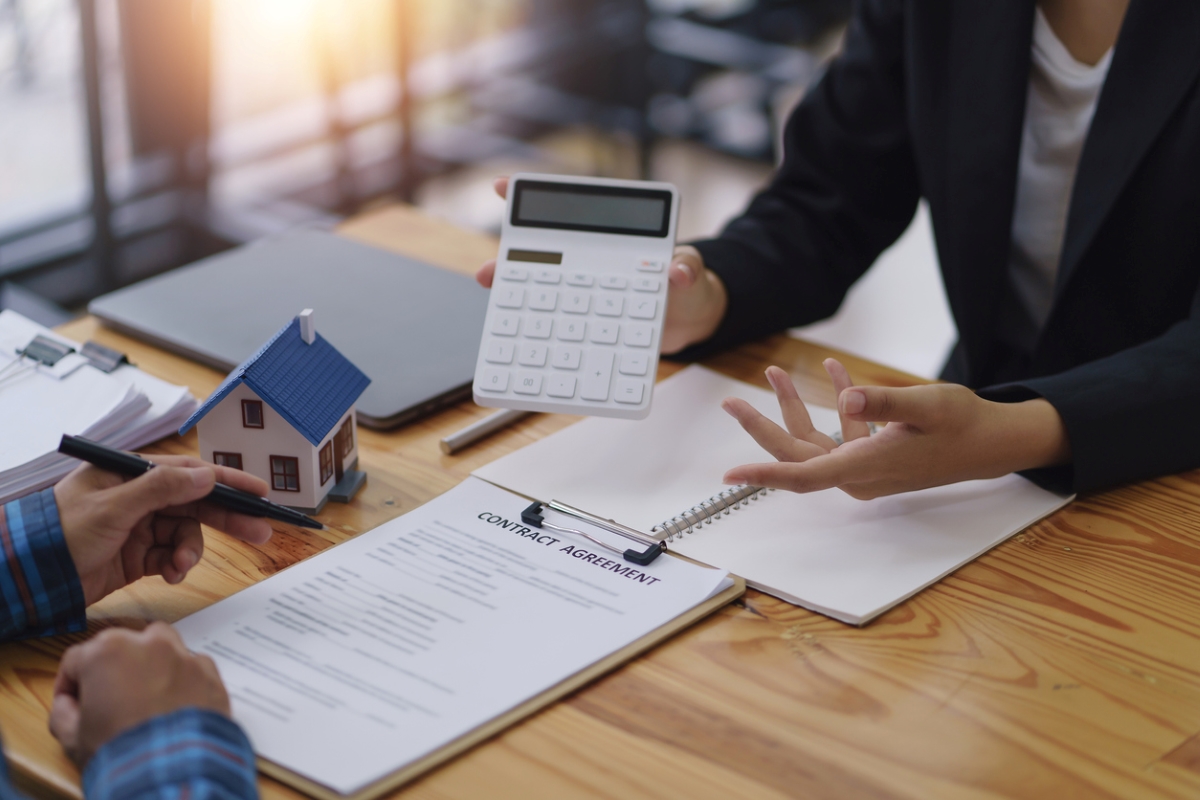
One of the first things you should verify when looking at a lease is the total rent that will be due. Make sure that this total matches what you and the landlord have discussed. If it is anything different, inquire whether it is an error, an unexpected change, or a total that includes other fees, such as parking or pet fees, that you had not discussed.
In addition to verifying the rent total, also look for information about when the rent is due and how long of a grace period (if any) you will have to submit the payment. Different landlords may also prefer one payment method over another or may only accept certain payment types. Look closely to find out whether you will be expected to write a check covering the rent, pay with a direct bank transfer, or something else. Also note how much you’ll be charged and any other consequences if you are late with your rent payment.
RELATED: How to Make a Rental Feel Like Home
2. Lease Term and Renewal Procedures
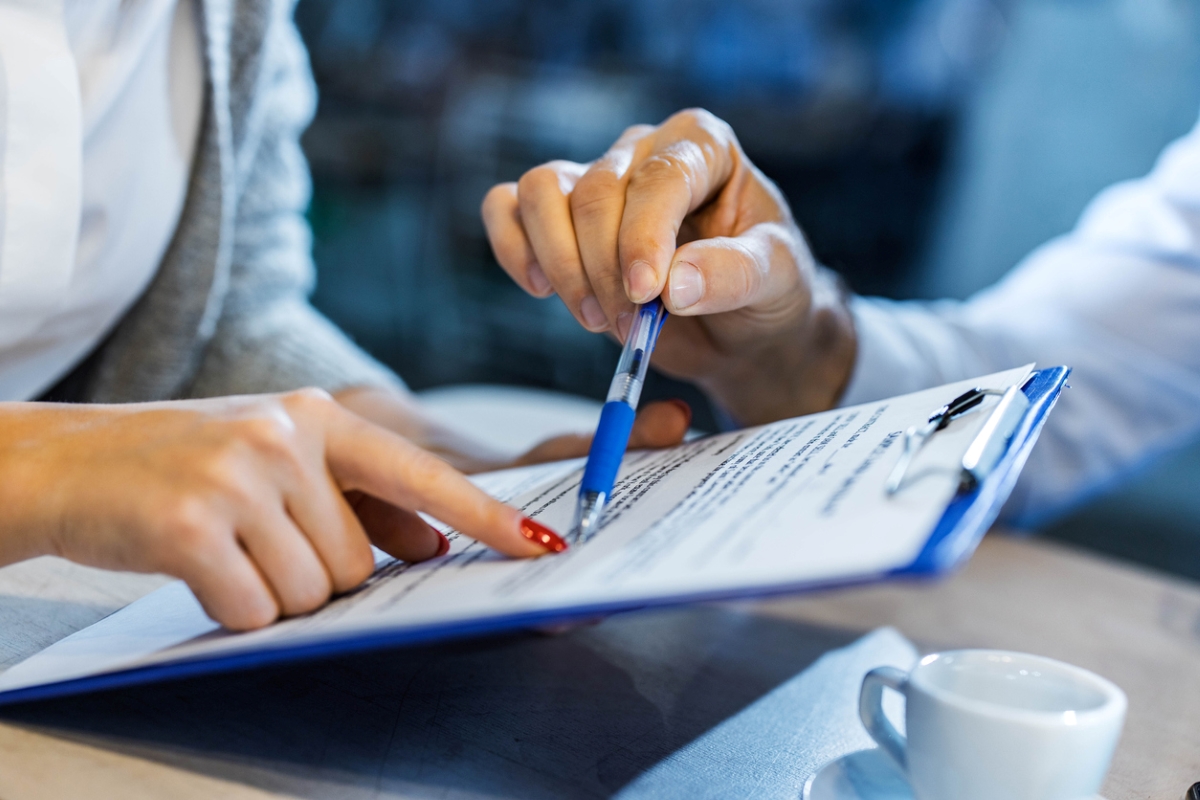
After confirming that the rental amount matches what you and the landlord have previously discussed, check the terms of the lease to make sure they also match your previous discussions. Note the start and end date of the lease and what happens once the lease is up. Will the lease change to a month-to-month agreement or will you be required to sign a new 1- or 2-year lease?
Look for information about how much notice you need to give if you plan to move out of the unit at the end of the lease. You should also note the rules for early termination. If you decide you want to move before the end of the lease, will you be responsible for continuing to pay rent until new tenants are secured, or will you be able to pay a termination fee?
RELATED: 9 Things You Shouldn’t Hide From Your Landlord
3. Security Deposit
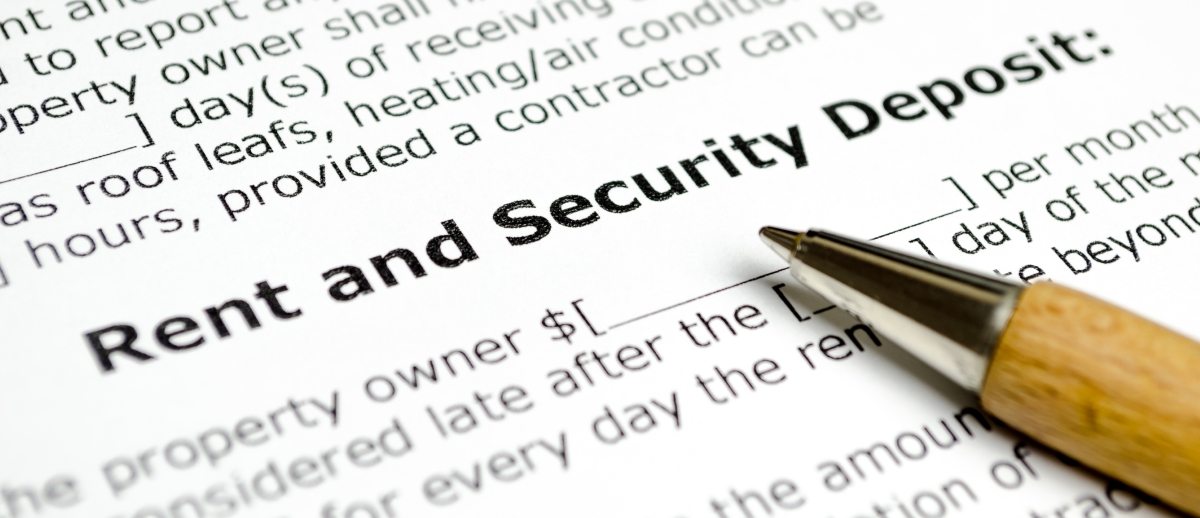
Security deposits are a standard part of renting an apartment. However, the amount of the deposit can vary from one rental to the next. Most security deposits are the same as the monthly rental price, though some may be more. Most states do specify a maximum amount that landlords can charge, which may be equal to 1 ½ to 2 months’ rent. In addition to verifying the amount of the security deposit, also make sure that the lease clearly specifies the reasons the landlord can withhold the deposit when you move out of the apartment.
RELATED: Don’t Forget This Important Step After Signing Your Apartment Lease
4. Guest and Roommate Policies

While your landlord likely won’t impose policies on your ability to host friends and family coming for a visit, they may restrict your ability to have someone living with you as a roommate. For this reason, many landlords specify in the lease how long a guest is allowed to stay before they’d be considered a roommate, which may go against the terms of the lease. This is important information to know, especially if you have any friends or family who like to visit for extended periods of time.
RELATED: 7 Practical Ways to Enhance Apartment Door Security When Renting
5. Responsible Party for Utility Payments
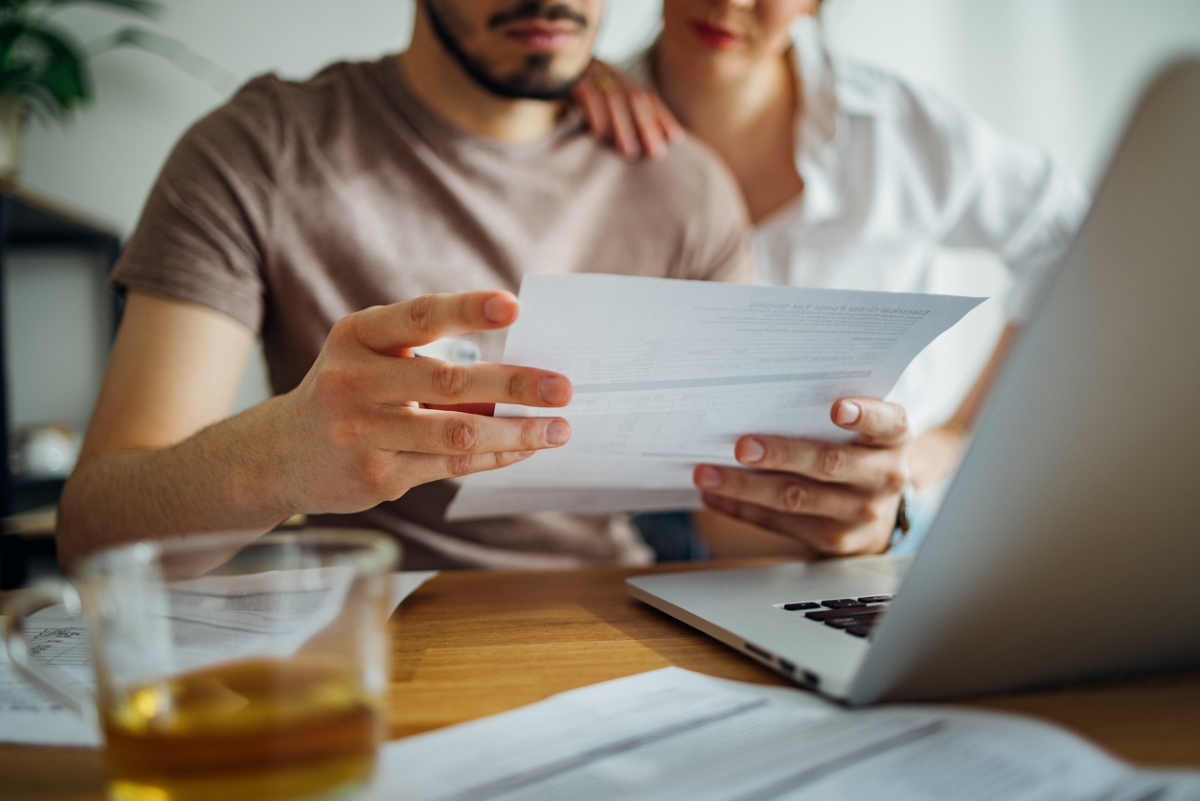
When renting an apartment, the responsibility for paying for utilities (electricity, water, gas, trash, etc.) can vary. Some landlords keep the utilities in their name and factor their cost into the rent, while others expect their tenants to pay for their own utilities. This is something that you’ll want to know before signing a lease, as it could have a significant impact on your total monthly bills.
RELATED: 10 Things You Should Never Do in a Rental Home
6. Pet Policy
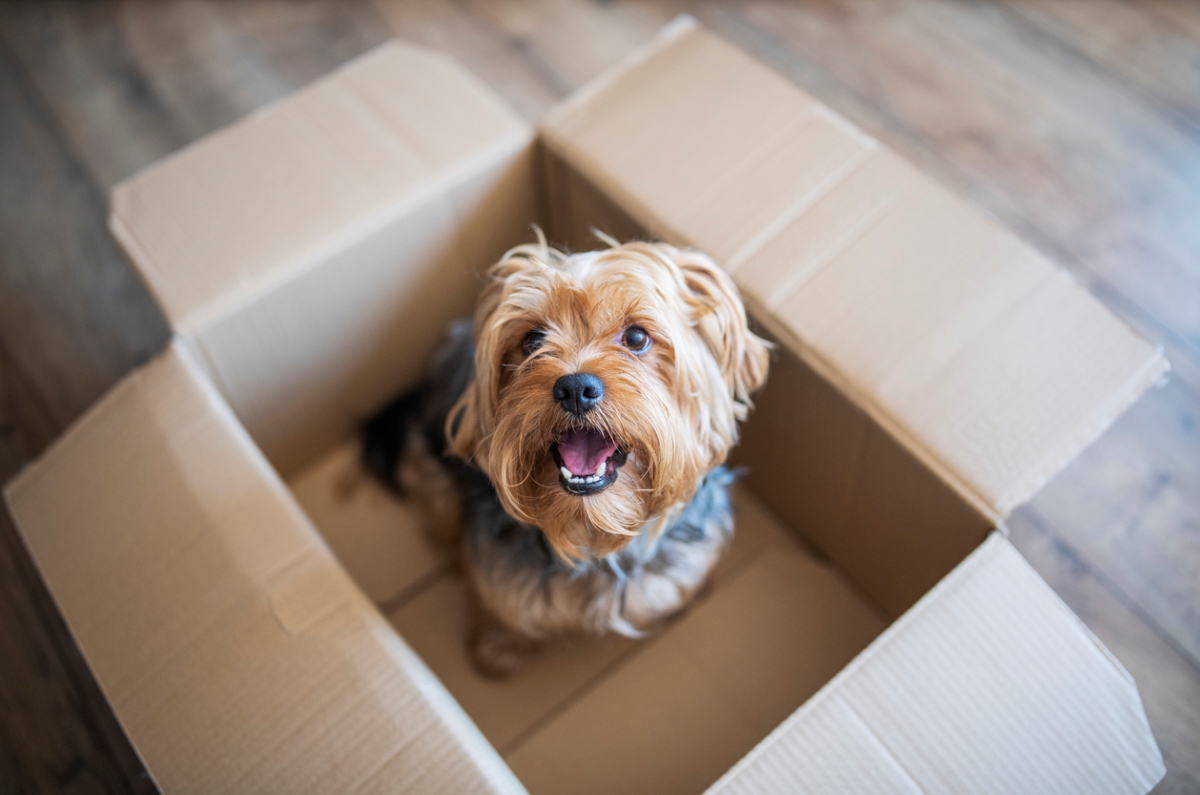
If you haven’t already verified your landlord’s pet policy, you’ll want to look closely at the lease to find out more about it. Some landlords do not allow any pets, while others may only allow specific breeds or smaller animals. Even if pets are allowed in the apartment you plan to rent, it is likely that you’ll be charged an additional security deposit and even monthly rent for your cat or dog.
RELATED: Solved! What Is Pet Liability Insurance for Renters, and Do I Need It?
7. Tenant vs. Landlord Maintenance Responsibilities
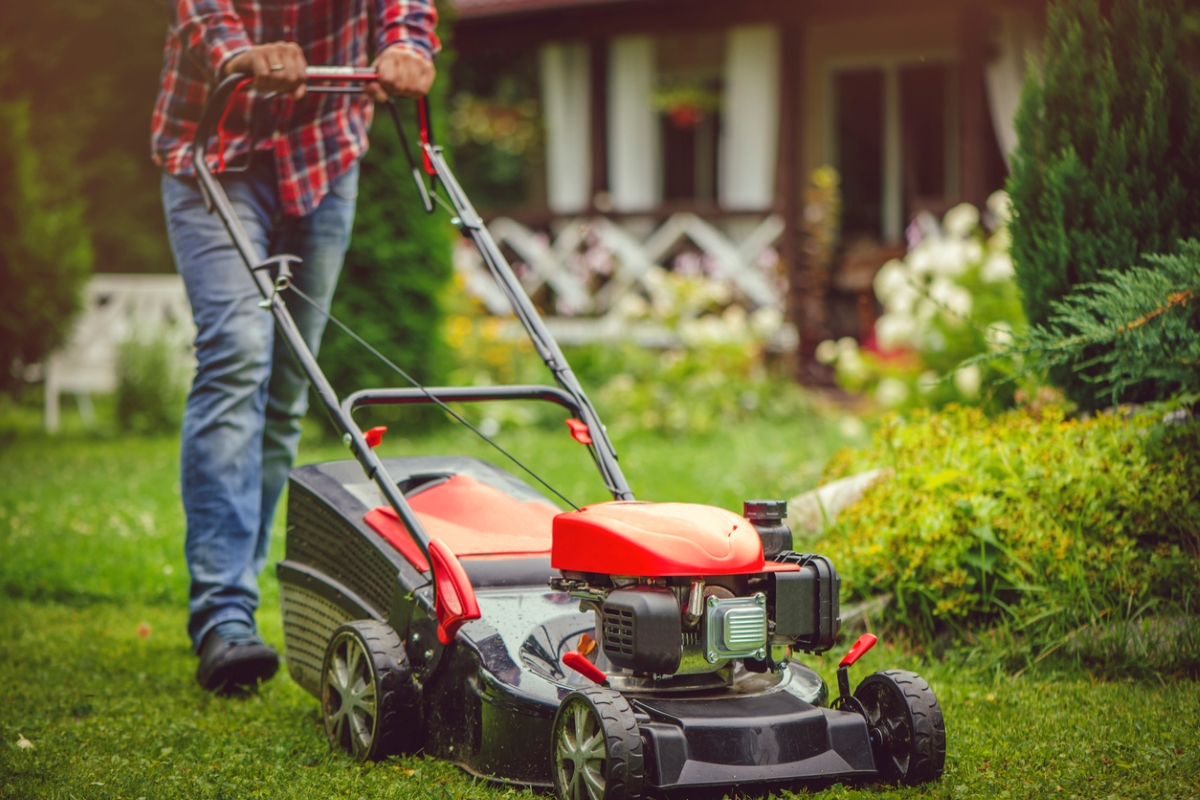
Maintenance responsibilities and expectations for tenants can also vary from one lease to the next. While many landlords take full responsibility for maintaining their properties, others may require their tenants to complete basic tasks, such as mowing the lawn, winterizing the apartment, or removing snow. White you’re reading up on which tasks you will be responsible for and which your landlord will be responsible for, also look for more information about the landlord’s ability to enter the property and how much notice they will provide before coming in.
RELATED: Solved! How Much Renters Insurance Do I Need?
8. Renter’s Insurance Requirements
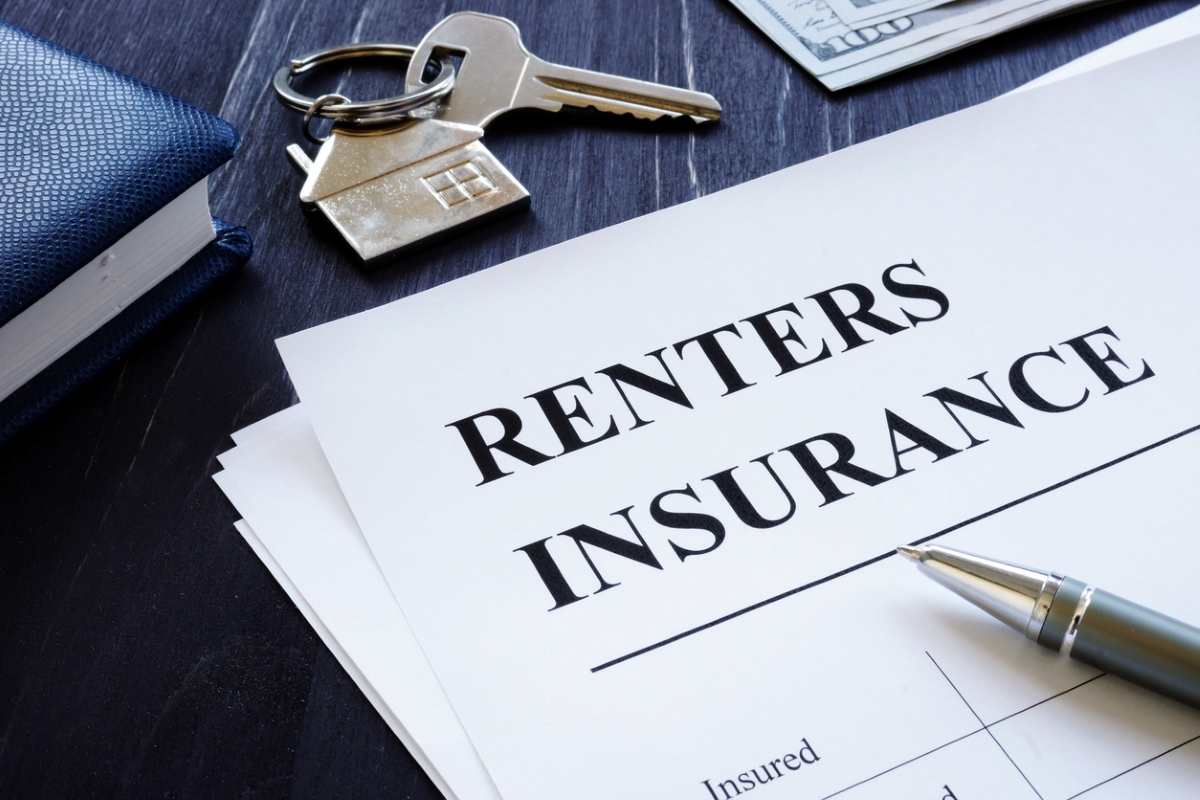
Landlords hold insurance policies for their rental units. However, these insurance policies don’t cover your personal belongings, but cover only damage to the property itself. Taking out renters insurance is a good idea. Moreover, it may be a requirement of the lease, so you’ll want to verify that before you sign and officially move in.

